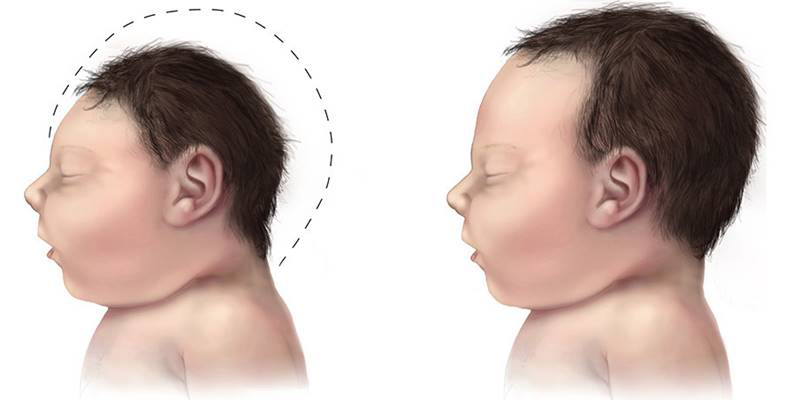Advances in the discovery of therapy for Zika Virus
Zika virus is a mosquito-borne virus that belongs to the spondweni serocomplex in the genus Flavivirus of the family Flaviviridae. These virus starts to reappear in the year 2007 whereas its side effects are seen in the year and reported in the year 2015 at Brazil and are declared as the public health emergency by WHO in the year 2016.

Zika virus causes severe clinical manifestations such as neurological problems, autoimmune disease, foetal anomalies. This mostly affects during the pregnancy that causes congenital brain abnormalities such as neurological denegation microcephaly, Guillain Barre syndrome. This is generally transmitted through a mosquito bite that is peaking during early morning and afternoon. In rare causes, Zika is transmitted through a sexual transmission and by blood transfusion.
This can be diagnosed based on the recent history of travel and can only be confirmed through the laboratory test on body fluids such as blood, urine, saliva or semen. In the recent researches the advances and development of the therapy to the zika virus has been identified however it can only suppress the effect of the virus as the complete therapy for the treatment of zika is not yet found.
When the patient has affected with zika virus the initial stage the symptoms should be handled same as that as fever and treatment can be given like taking plenty of fluid to prevent dehydration, resting medicines such as acetaminophen or paracetamol. In severe cases, the activation of the immune system by releasing interferons as antiviral which can eliminate the viruses and regulate the immune system. The other method includes inhibition of NS3 which can impede the zika infection. Sometime protease such as NS2B and NS3 are given to the patient with severe zika infection to suppress the effects.
For more effective recent findings visit: goo.gl/c7ky6N

Zika virus causes severe clinical manifestations such as neurological problems, autoimmune disease, foetal anomalies. This mostly affects during the pregnancy that causes congenital brain abnormalities such as neurological denegation microcephaly, Guillain Barre syndrome. This is generally transmitted through a mosquito bite that is peaking during early morning and afternoon. In rare causes, Zika is transmitted through a sexual transmission and by blood transfusion.
This can be diagnosed based on the recent history of travel and can only be confirmed through the laboratory test on body fluids such as blood, urine, saliva or semen. In the recent researches the advances and development of the therapy to the zika virus has been identified however it can only suppress the effect of the virus as the complete therapy for the treatment of zika is not yet found.
When the patient has affected with zika virus the initial stage the symptoms should be handled same as that as fever and treatment can be given like taking plenty of fluid to prevent dehydration, resting medicines such as acetaminophen or paracetamol. In severe cases, the activation of the immune system by releasing interferons as antiviral which can eliminate the viruses and regulate the immune system. The other method includes inhibition of NS3 which can impede the zika infection. Sometime protease such as NS2B and NS3 are given to the patient with severe zika infection to suppress the effects.
For more effective recent findings visit: goo.gl/c7ky6N
Comments
Post a Comment